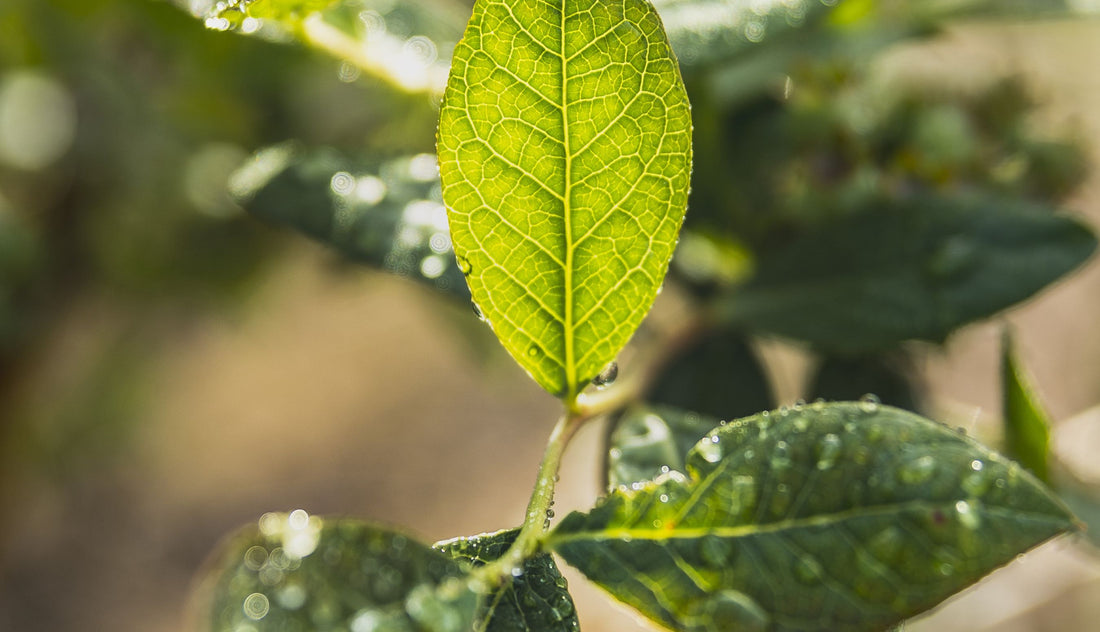
Cardioprotective Polyphenols in Chemotherapy
Share
From the article,
"Polyphenols can act as anti-cancer agents when combined with chemotherapy (Albini et al., 2007; Albini et al., 2012b; Rossi et al., 2014; Bassani et al., 2016; Albini et al., 2019; Toric et al., 2019; Fiorentino et al., 2020; Li et al., 2020; Cocetta et al., 2021; Oruganti and Meriga, 2021; Sartori et al., 2021) and can exhibit cardio protective effects (Cheng et al., 2017; Zheng et al., 2018; Choy et al., 2019; Martínez-González et al., 2019; Poti et al., 2019; Atale et al., 2020). Polyphenols can help overcome multidrug resistance (El-Readi et al., 2021) and polyphenols such as resveratrol and curcumin can help abate cardiovascular toxicities associated with chemotherapy (Rezk et al., 2006; Shakibaei et al., 2014; Kalyanaraman, 2020). Polyphenols can act as anti-oxidants, by contrasting the generation of ROS that drive cellular and mitochondrial damage."
The study outlines that extra-virgin olive oil (EVOO) is rich in cancer preventive polyphenols endowed with anti-inflammatory and anti-oxidant activities. With this pre-established, the study found that a polyphenol-rich olive oil extract can be a valid candidate for combination with chemotherapy (additive effects), protecting the heart from chemotherapy-associated cardiovascular toxicities.
Albini A, Festa MMG, Ring N, Baci D, Rehman M, Finzi G, Sessa F, Zacchigna S, Bruno A and Noonan DM (2021) A Polyphenol-Rich Extract of Olive Mill Wastewater Enhances Cancer Chemotherapy Effects, While Mitigating Cardiac Toxicity. Front. Pharmacol. 12:694762. doi: 10.3389/fphar.2021.694762
